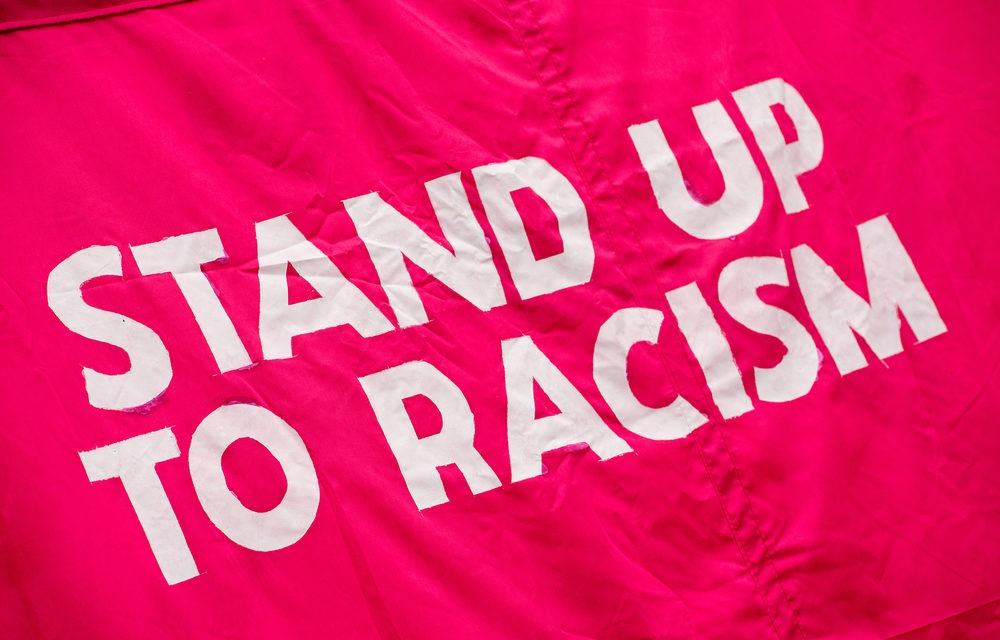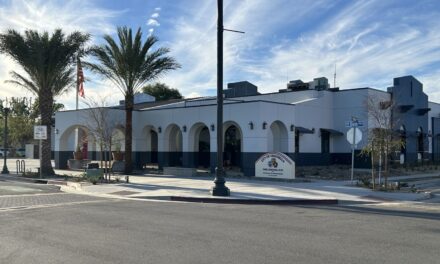PALM SPRINGS — Two days after the Riverside County Board of Supervisors unanimously adopted a resolution declaring racism a public health crisis, the Palm Springs City Council is poised to follow suit.
The City Council will at its meeting on Thursday, Aug. 6 consider a resolution declaring systemic racism as a human rights and public health crisis that results in disparities in family stability, health and mental wellness education, employment, environmental justice, economic development, transportation, public safety, incarceration, and housing.
The proposed resolution is also designed to reaffirm the City Council’s commitment to advancing justice, equity, diversity, and inclusion in the city of Palm Springs.
By way of background, the City Council has considered how the city can do more to advance equity, diversity, and inclusion in our community. This resulted in a special meeting held on July 18, 2020,
with the express purpose of having a listening session on policing, racism, discrimination
and related issues.
Many cities and counties are taking the additional step of formally declaring systemic racism as a human rights and public health crisis. This action would allow Palm Springs to join with other communities in officially declaring this crisis and affirming its efforts to eliminate systemic racism.
On June 23, San Bernardino County became the first in California to make a declaration that racism is a public health crisis. In recent weeks, Riverside, Redlands, Fontana, Moreno Valley, and Rialto have made similar declarations, joining at least 83 governmental entities nationwide, including the state of Wisconsin, to do so.
The death of Floyd, a Black man, in Minneapolis, Minn., police custody on May 25 sparked nationwide protests in support of the Black Lives Matter movement and against systemic racism and police brutality.
According to the proposed resolution, the City Council acknowledges that:
- societal inequities along racial lines that have resulted in vastly different living
and social conditions and access to opportunities. - the compounding effects of the COVID-19 pandemic and resulting economic
disruption have exposed the gross inequities that exist in our society. - that systemic racism resulting from the inherent biases and prejudices within social and political organizations, groups, or institutions continue to create barriers to success for people of color.
- systemic racism negatively impacts the social determinants of health, such as socioeconomic status, education, neighborhood and physical environment, employment, and social support networks, as well as access to health care.
According to the resolution, the City Council seeks to lead and/or join efforts to reverse the effects of the inequitable policies, processes, and practices of the past, and recognizes that it has a role to play in understanding and communicating the impacts that planning decisions have on low income families, communities of color, and other disadvantaged communities.
Image Sources
- Stand Up to Racism: Shutterstock







